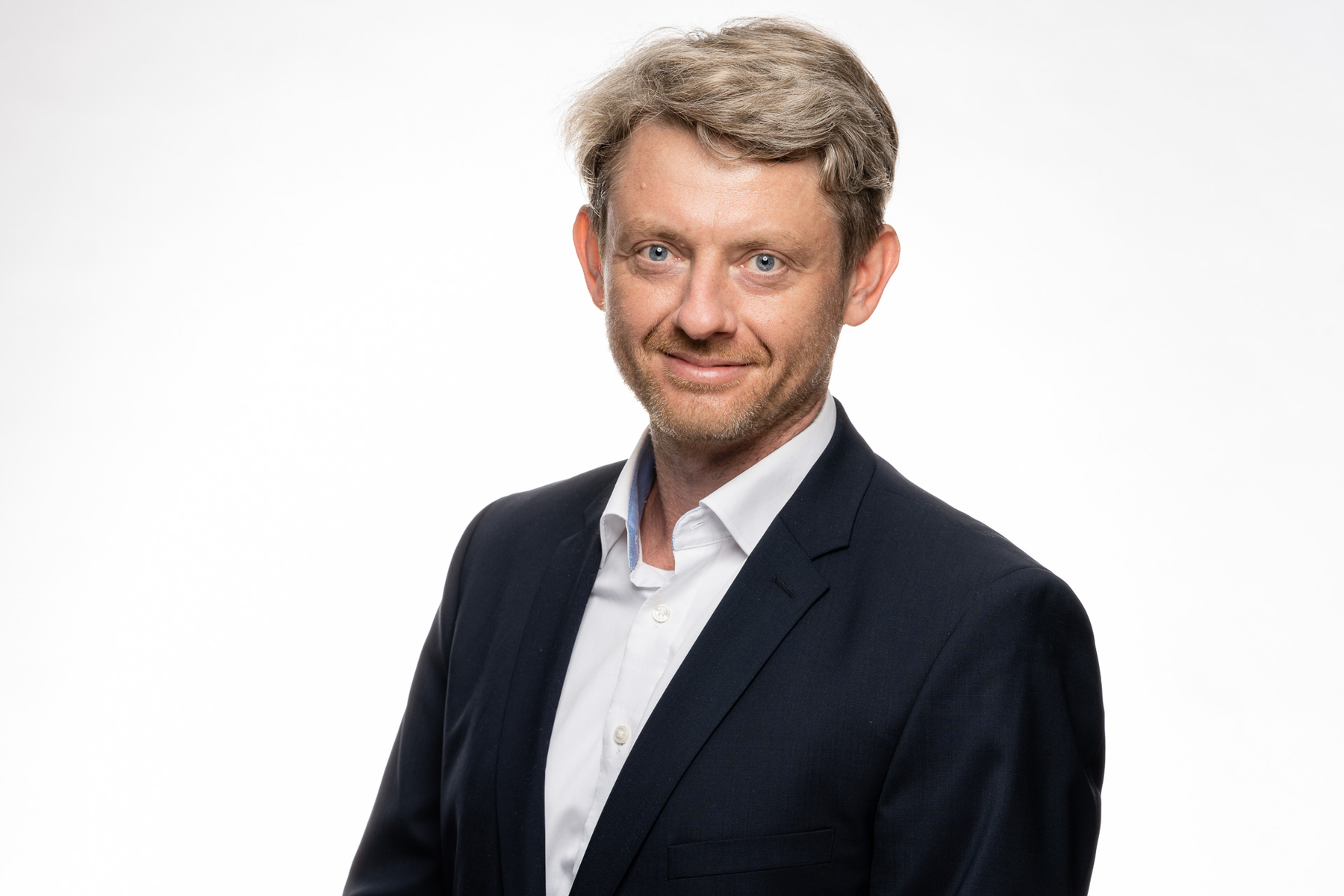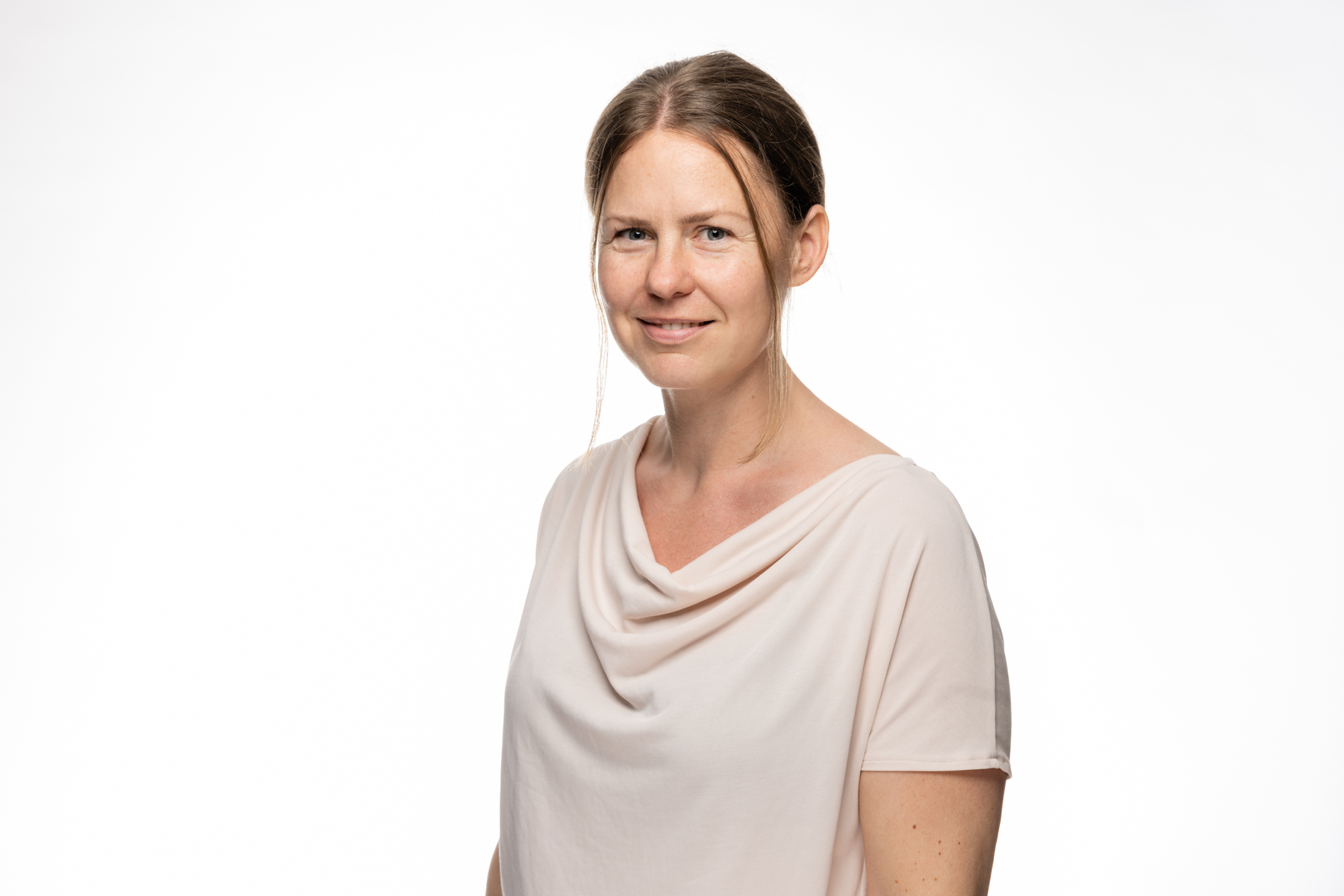Overview
The RTI calls promote excellent research in Lower Austria and also serve as a stimulus for the successful acquisition of third-party funding at national and European levels. Funding is awarded in competitive procedures in order to ensure high quality of the funded projects as well as optimal utilization of the available funding budgets.
All calls are announced with reference to the fields of action of the RTI Strategy of Lower Austria 2027, although a focus within one of the fields of action is also possible.
Information on current calls are available in the annual call program and in our submission system.
In addition, the Gesellschaft für Forschungsförderung NÖ is also responsible for the funding administration and monitoring of other endowed professorships and competence centers supported by the Province of Lower Austria.
Contact
Authorized Manager, Head of Research Funding

Calls, Endowed Professorships
.jpg)
Call- and Programme-Management




